It’s not an overstatement to say that 2020 has been downright insane. On Facebook, I saw a meme where God gave the archangel Gabriel a list of things to set up for the 2020s, but Gabriel misunderstood and set them all for this year. Honestly, while it’s a joke, it makes about as much sense out of 2020 as anything else.
One of the more insane aspects has been all the “protests.” By that, of course, I typically mean riots.
However, not all of them have been riots. In particular, the armed protests tend to stay quite peaceful. I don’t mean “mostly peaceful,” either. I mean peaceful peaceful. Of the few that haven’t, though, the issues tend to be minor. No loss of property, for example.
Yet some are asking whether armed protests put police in a tough spot.
Clashes like this one at Stone Mountain – the founding site of the Ku Klux Klan, which features a massive bas relief of Confederate icons – have become increasingly common in the U.S. as armed bands of civilians have roamed sometimes far from home to engage protesters, or protest themselves.
But what happens when First Amendment free speech rights are mixed together with Second Amendment gun rights guarantees in the same space?
If nothing else this potentially combustible combination poses unprecedented difficulty for law enforcement, even in states such as Georgia where the law explicitly prohibits public gathering of unauthorized “military bodies.”
When everyone’s armed, what’s a cop to do? In emotional and fluid situations, officers have to not only recognize rights, but figure out protest and counter-protest alliances and conflicts as unidentified people – many dressed in paramilitary garb – mill about carrying military-style rifles.
“You see these kinds of [armed conflicts] happen on the news maybe in a different country or even a different state, and you’re just, like, ‘Wow, that’s crazy, I can’t believe it,’” says a Virginia police officer, who asked that his name not be used because he had not been authorized to speak to the press. “Then you’re put smack dab in the middle of it and you’re, like, ‘Wow, this is real.’”
Except, “armed conflict” is a bit extreme. The term itself suggests two sides shooting at one another when nothing at all happened.
What transpired at Stone Mountain was tense, to be sure, and I don’t envy the law enforcement officers who had to deal with that. Trying to keep two armed groups apart, especially in such a tense situation has got to be nerve-racking, to say the least.
But it ain’t exactly “armed conflict” as most people understand the term.
That said, if police have an issue with it, they’re going to have to learn to get over it. This is especially true as “protests” continue to turn violent. I mean, Louisville is already bracing for rioting ahead of the Breonna Taylor announcement. That’s precisely what we’ve come to expect out of a portion of the left these days.
As a result, some are going to start going armed to their own protests. Pass a law to stop it–and there’s disagreement as to whether anti-militia laws actually apply to armed protesters–and you’re going to have problems.
What’s worse is that while the reporter found some anonymous cop (allegedly) who spouted the preferred narrative, most police officers tend to recognize that the people openly carrying their firearms aren’t the problem in the first place.
Not in a world where rioting is considered “mostly peaceful protests,” especially.
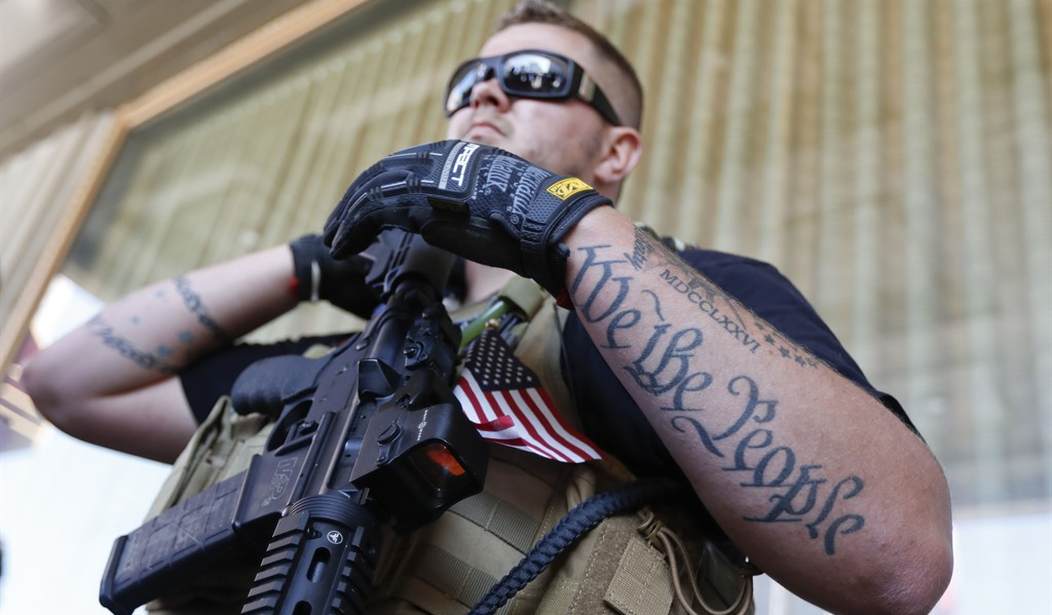


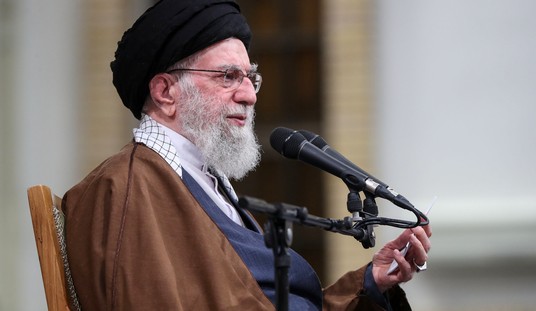
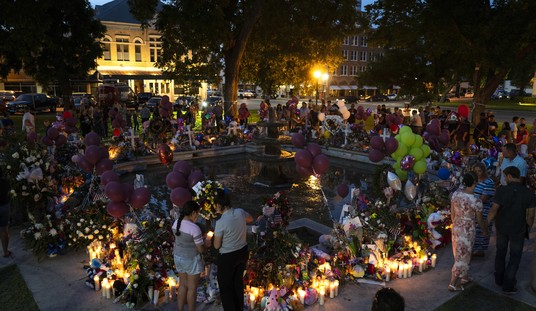
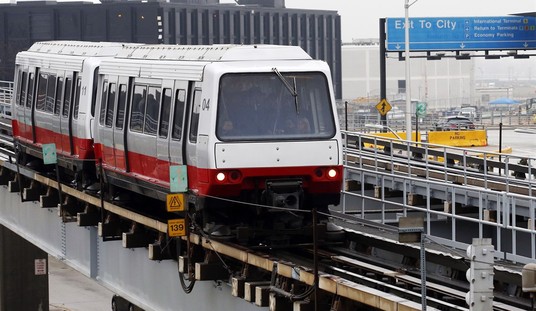

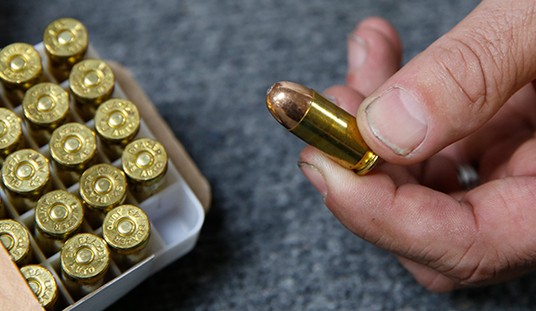

Join the conversation as a VIP Member